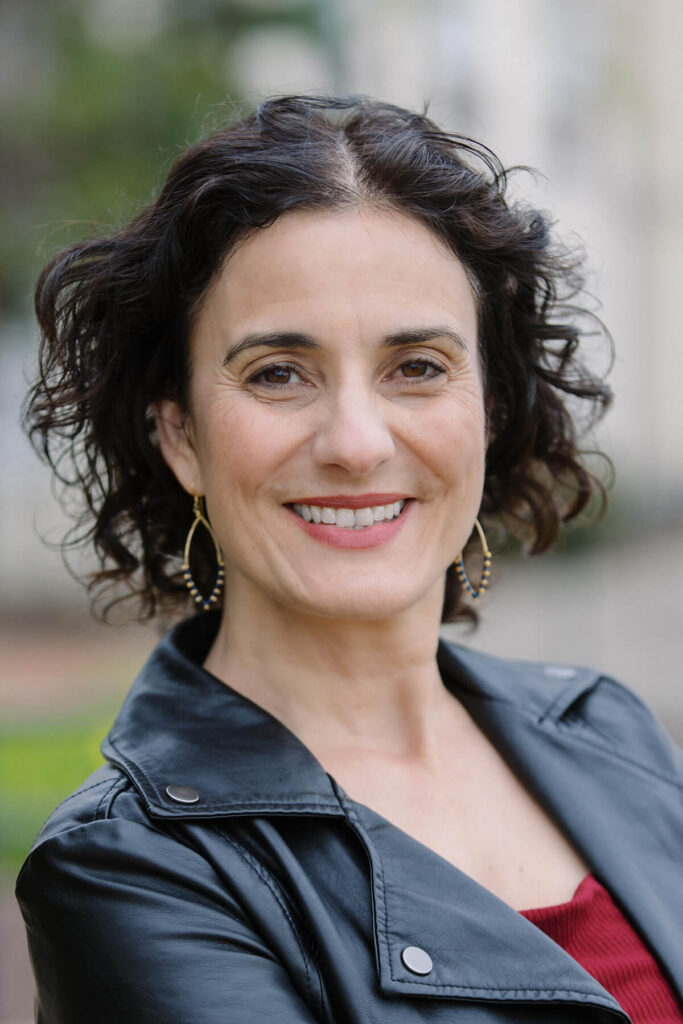Faculty
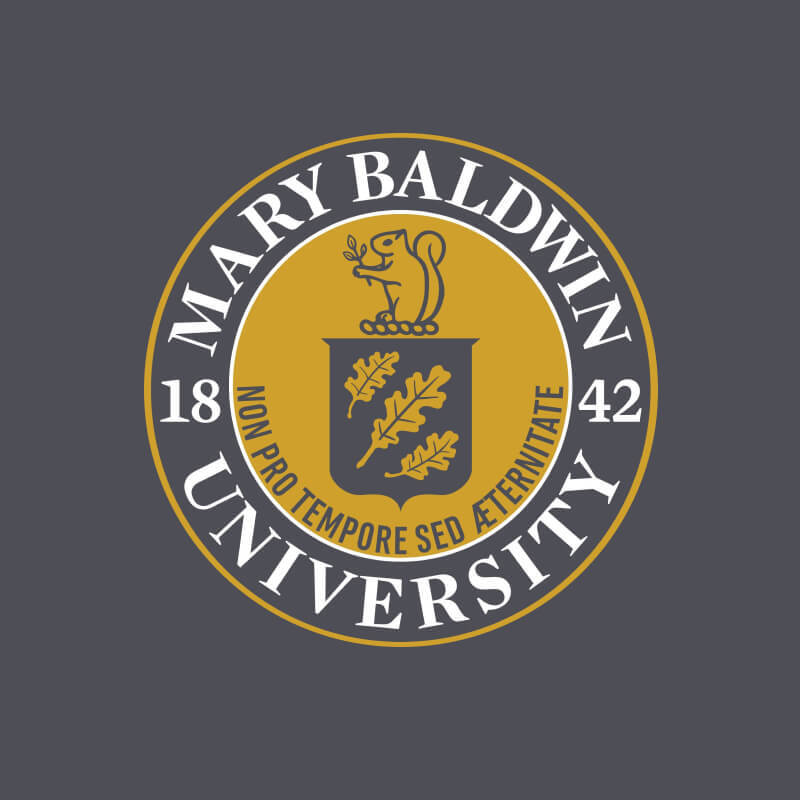
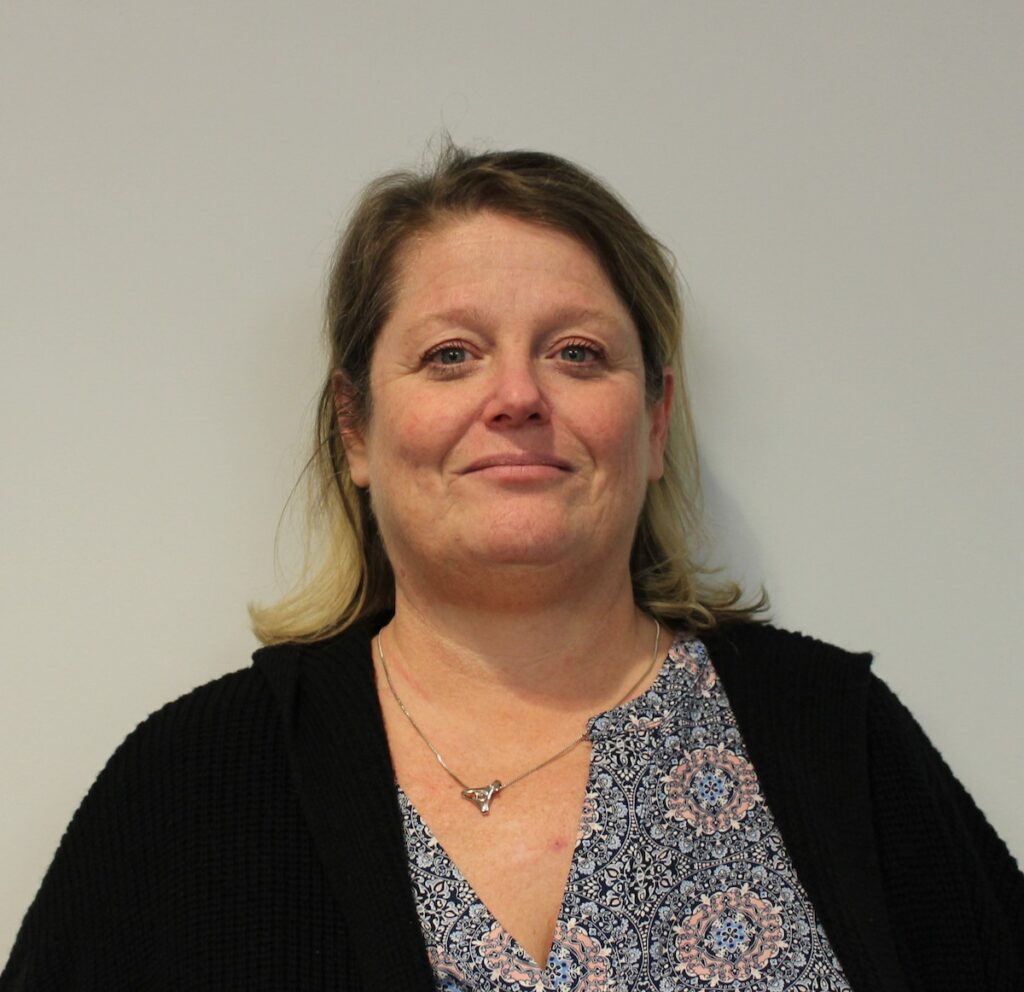
Barbara Acord, PhD(c), MSN, CRNA
Assistant Professor & Director of Simulation and Faculty, Nurse Anesthesiology Programbaacord@marybaldwin.edu
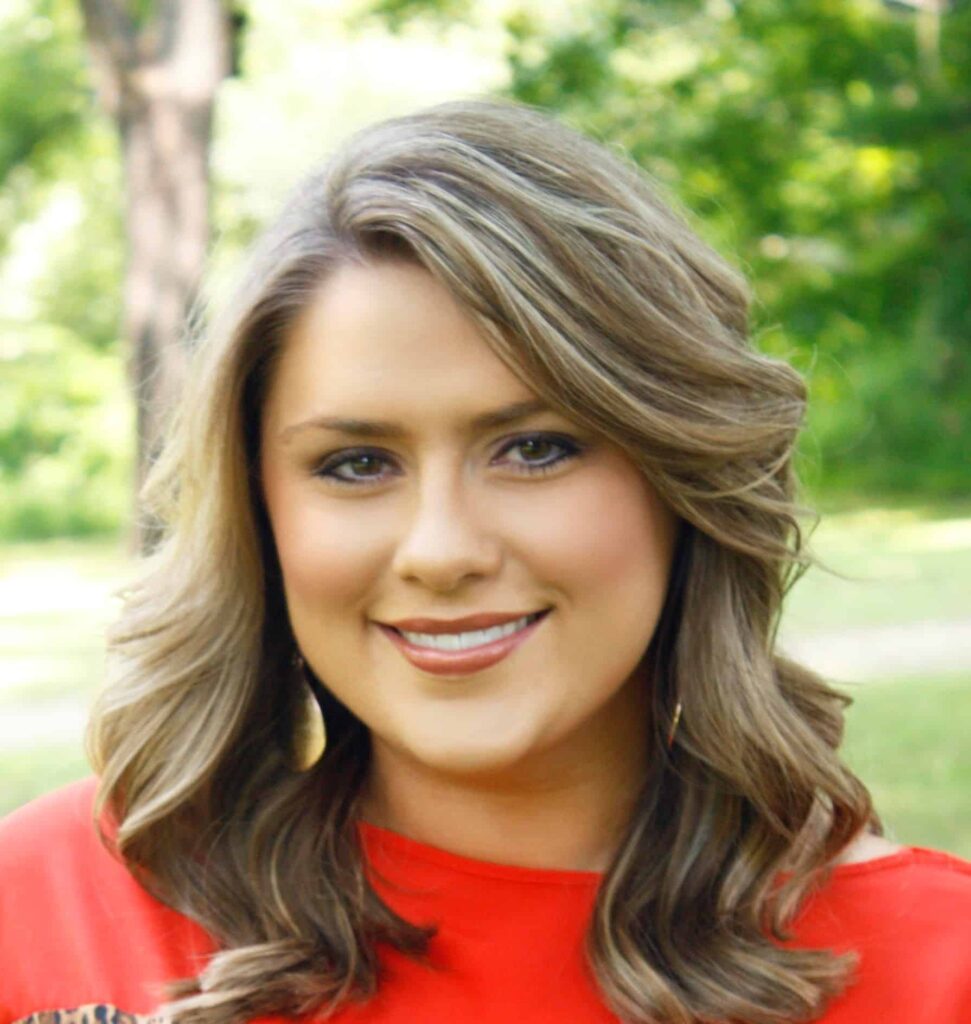
Megan Ady, MPAS, PA-C
Director of Clinical Education and Assistant Professor, Physician Assistant Programmsady@marybaldwin.edu
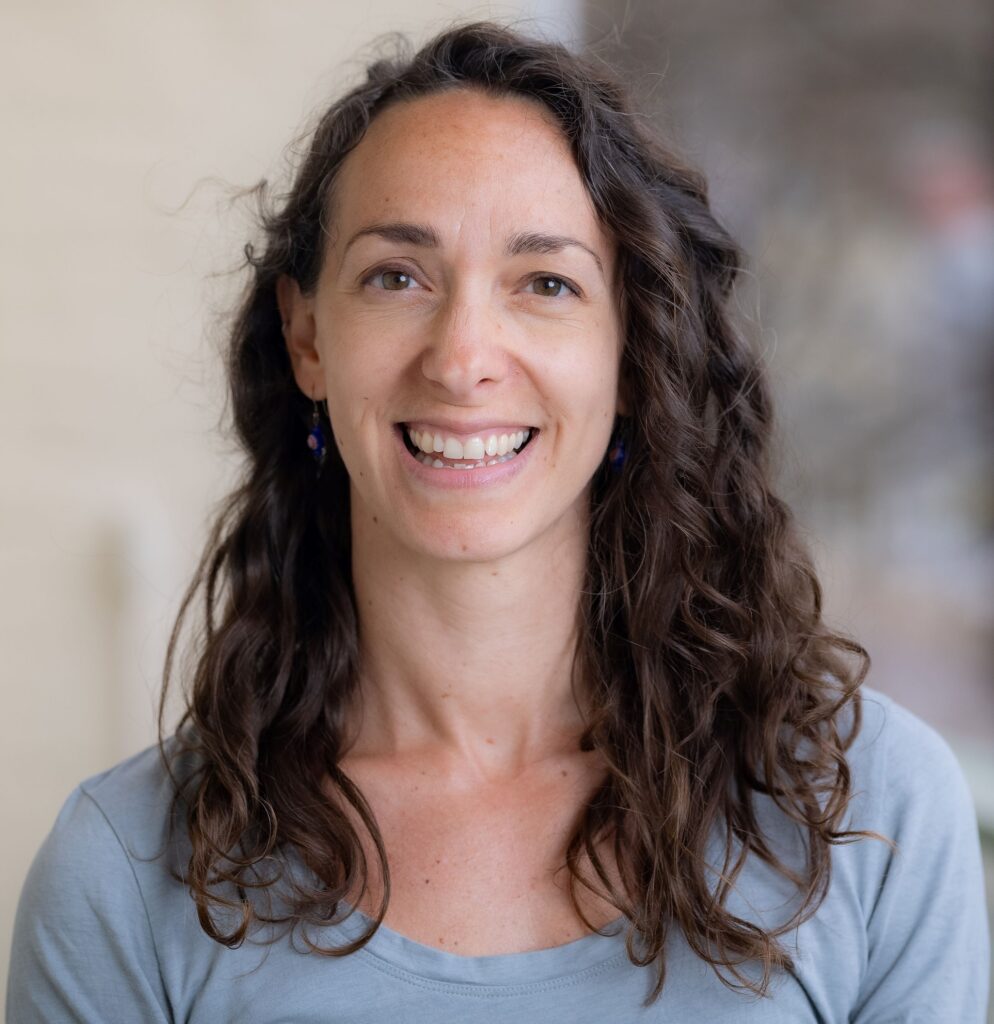


Megan Bailes DOTR/L
Director of Clinical Education and Assistant Professor, Occupational Therapy Programmebailes@marybaldwin.edu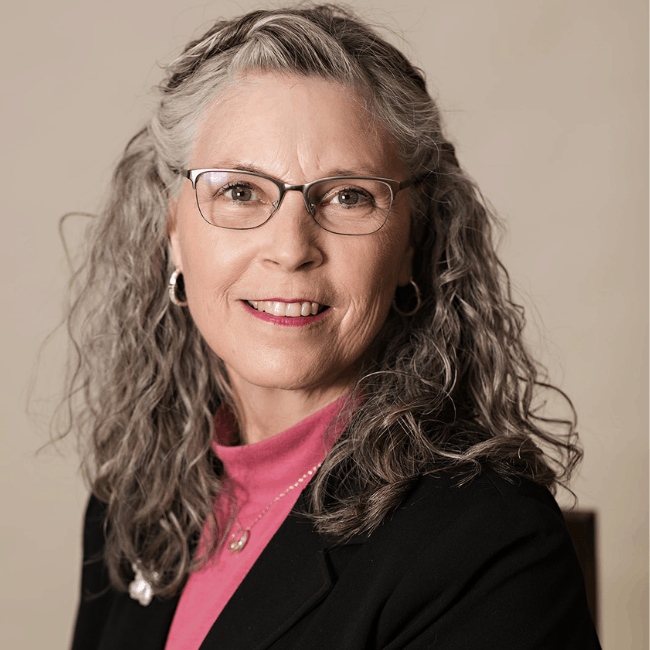

Haley Bala
Adjunct Faculty, School of Business, Palmer College of Professional Studieshlbala@marybaldwin.edu
Andrew Baldwin, PT, DPT, OCS, Cert-DN
Co-Director of Clinical Education and Assistant Professor, Physical Therapy Programagbaldwin@marybaldwin.edu



Andrew Beach
Adjunct Faculty, School of Business, Palmer College of Professional Studiesajbeach@marybaldwin.edu